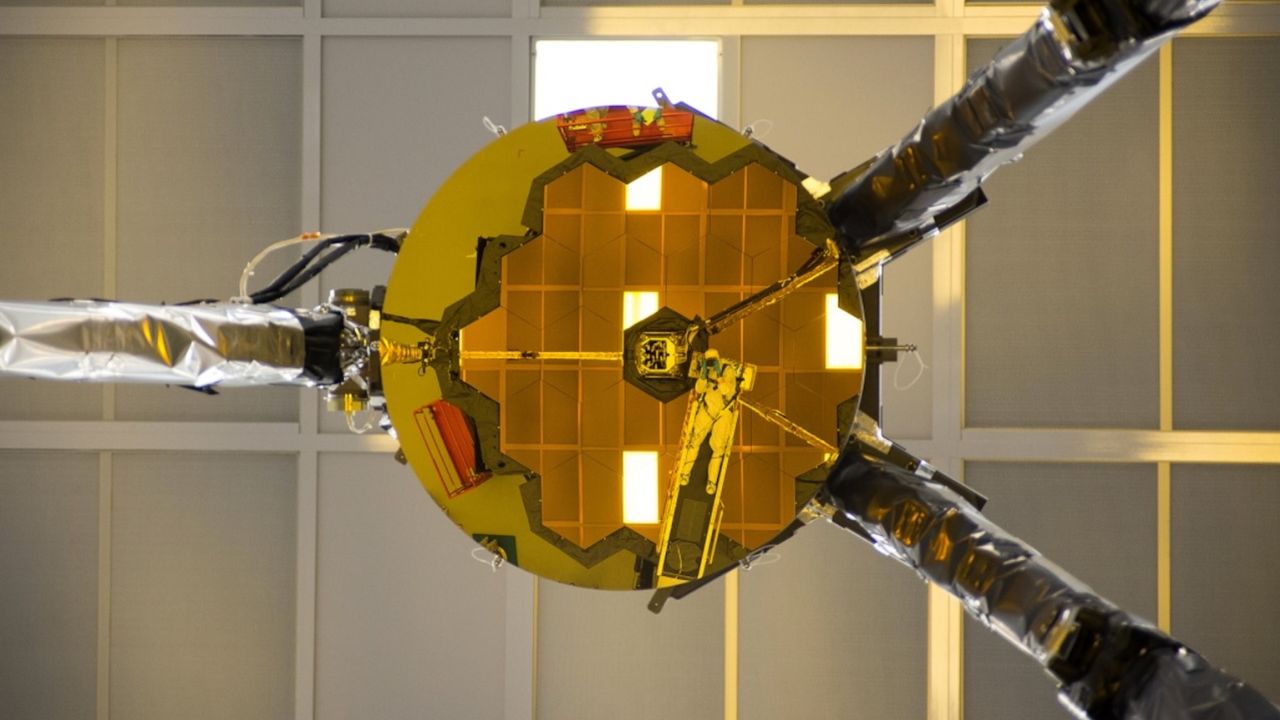E.P.A. Retreats From Plans to End the Energy Star Program
NegativeScience

The E.P.A. has decided to backtrack on its plans to terminate the Energy Star program, a move that has garnered significant backlash from business leaders and Republicans. This program has bipartisan support as it effectively helps reduce energy costs, especially crucial during a period of rising electricity prices across the country. The decision to maintain Energy Star is important as it reflects the agency's responsiveness to public and political pressure, ensuring continued support for energy efficiency initiatives.
— Curated by the World Pulse Now AI Editorial System




